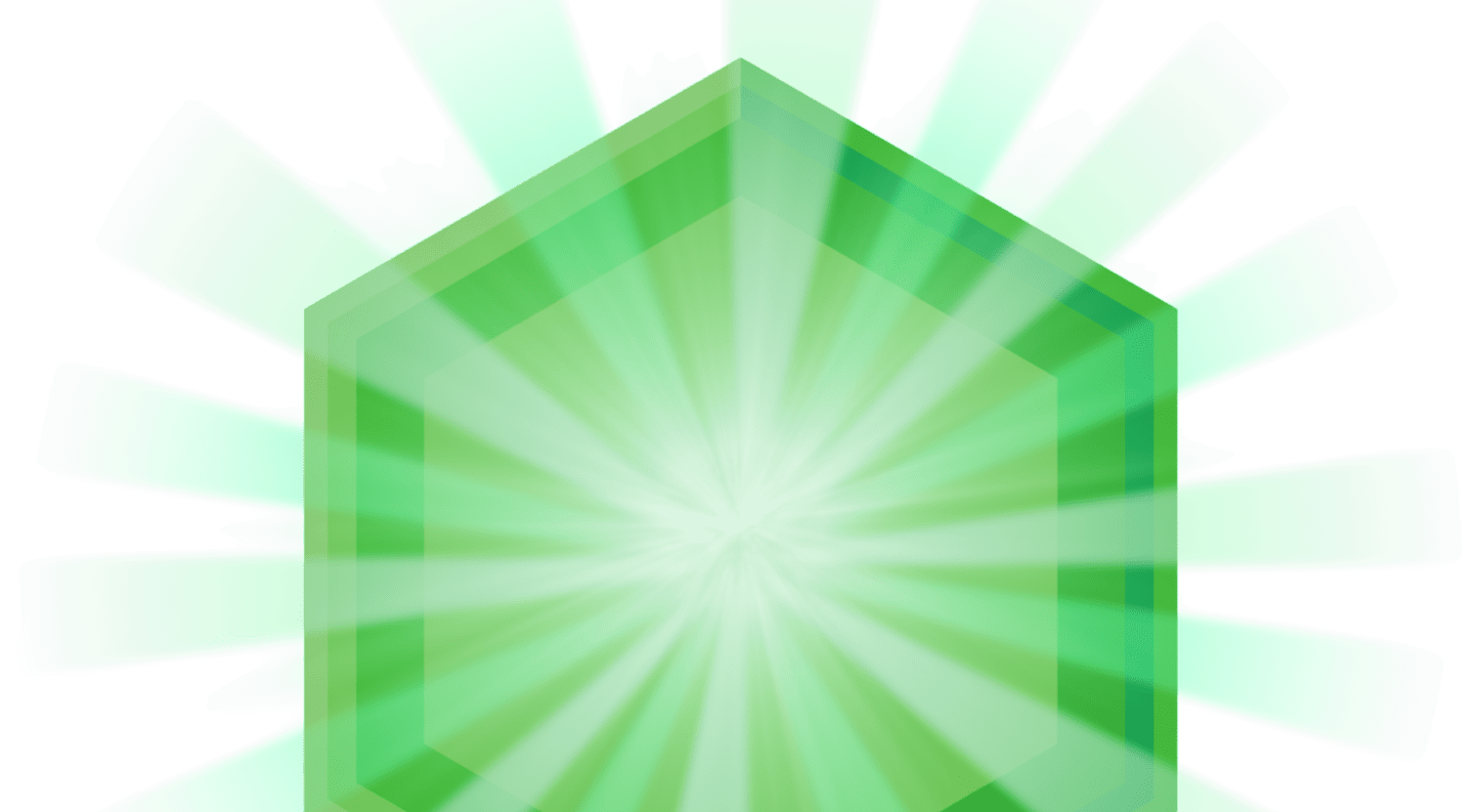Do I Have Allergies or a Cold?
You wake up with watery eyes, a stuffy nose and congested sinuses. “This is the worst,” you think to yourself. You’re clearly coming down with something – but is it allergies, or a full-on cold?
Although the two have some similar symptoms, there are also key differences – and once you learn to tell them apart, you can figure out the best way to treat your symptoms and get some relief. Read on to find out more with Flonase.
WHAT'S THE DIFFERENCE BETWEEN ALLERGIES AND A COLD?
To start, allergies and colds are caused by completely different things. Allergies occur when your immune system reacts to an ‘allergen’, an external (but usually harmless) substance such as plant pollen or dust, whereas colds are caused by viruses that invade your body.i,ii However, some common allergy symptoms are also associated with the common cold.
The most noticeable of these is nasal congestion – that stuffy, blocked feeling in your nose that makes it difficult to breathe. Nasal congestion, as well as a runny nose, are common symptoms of both colds and allergies. You may also experience sneezing and coughing if you’re suffering from either of these.iii, iv
So what is the difference between cold and allergies? Here are three key factors to help you figure out which is causing your symptoms:
ALLERGIES DON'T COME WITH A FEVER
You’ve probably heard the term ‘hay fever’, but don’t let it confuse you. Hay fever is just another term for seasonal allergies and isn’t associated with an actual fever.
If you’re experiencing a high fever (over 100-102°F), it is not caused by an allergy. Sometimes, the common cold can cause fever. If you’re burning up, this is actually most likely the result of the flu, rather than a cold.iv, v
However, since colds can occasionally cause fever too, it’s best to consult a healthcare professional about your overall symptoms to get an accurate diagnosis.
ALLERGIES CAUSE ITCHING
That feeling when you just need to itch your eyes or your nose?That’s usually from allergies.
An itchy nose and itchy, watery eyes aren’t typical cold symptoms – so if you’re finding yourself scratching at an irritated nose or eyes, chances are that you may be experiencing allergies instead of dealing with a virus.v
ALLERGIES LAST LONGER THAN A COLD
One last, sure fire way to tell the difference is that allergy symptoms usually stick around for much longer than the common cold does.v
Your body will generally fight off a cold virus and recover within two weeks. But unfortunately, since allergies are a response to an allergen in your environment, the symptoms may last as long as you’re exposed to that substance.v
In the case of seasonal allergies, the reaction to environmental allergies, such as plant pollen, can be observed for several weeks – or as long as the particular plant you’re allergic to is producing pollen.v
Find out more about allergy season and how you can prepare.
ALLERGIES VS COLDS - SYMPTOMS AT A GLANCE
This checklist outlines some common symptoms you may experience if you’re suffering from either a cold or allergies, to help you tell the difference:v
SYMPTOM SYMPTOM
Fever Rare Never
Headache Uncommon Uncommon
Aches and Pains Slight Never
Fatigue, Weakness Sometimes Sometimes
Stuffy, Runny Nose Common Common
Sneezing Usual Usual
Sore Throat Common Sometimes
Cough Common Sometimes
Chest Discomfort Mild to moderate Rare (except for those with allergic asthma)
It is important to note that a doctor is the best person to diagnose whether you are suffering from allergies or a cold. They will be able to recommend the best treatment for you.
Concerned your allergy or cold-like symptoms may actually be the result of asthma? Find out more about the differences between allergies and asthma.
ALLERGIES VS COLDS - TREATMENT
Luckily, allergy relief is just a pharmacy away, as many oral decongestants, antihistamines and nasal sprays can be bought at your local pharmacy.
A nasal spray like FLONASE Allergy Relief eases a broader range of symptoms than most allergy pills*, to provide you with more complete allergy symptom relief. While most allergy pills don't relieve nasal congestion*, FLONASE targets your worst allergy symptoms – including nasal congestion, plus sneezing, itchy, watery eyes**, and runny nose – for more complete, non-drowsy relief.
If you do have a cold, it’s important to rest up and stay hydrated while your body recovers. If you are suffering from aches and pains due to your cold, an over-the-counter pain reliever like paracetamol or ibuprofen could help to ease them.v Speak to your doctor if your symptoms worsen or don’t improve after two weeks.
Learn more about the difference between decongestants and FLONASE nasal sprays.
*vs single ingredient antihistamines which do not treat nasal congestion.
** FLONASE SENSIMIST is indicated for itchy, watery eyes in adults and children 12 years of age and older. See product pages for full information.
Sources
i. Allergy Overview. Cleveland Clinic. https://my.clevelandclinic.org/health/diseases/8610-allergy-overview. Accessed 13/05/20.
ii. Understanding the Common Cold Virus. National Institutes of Health. https://www.nih.gov/news-events/nih-research-matters/understanding-common-cold-virus. Accessed 13/05/20.
iii. Common Cold. Centers for Disease Control and Prevention. https://www.cdc.gov/antibiotic-use/community/for-patients/common-illnesses/colds.html. Accessed 13/05/20.
iv. Allergy Symptoms. American College of Allergy, Asthma and Immunology. https://acaai.org/allergies/symptoms. Accessed 13/05/20.
v. Cold, Flu, or Allergy? National Institutes of Health. https://newsinhealth.nih.gov/2014/10/cold-flu-or-allergy. Accessed 13/05/20.



